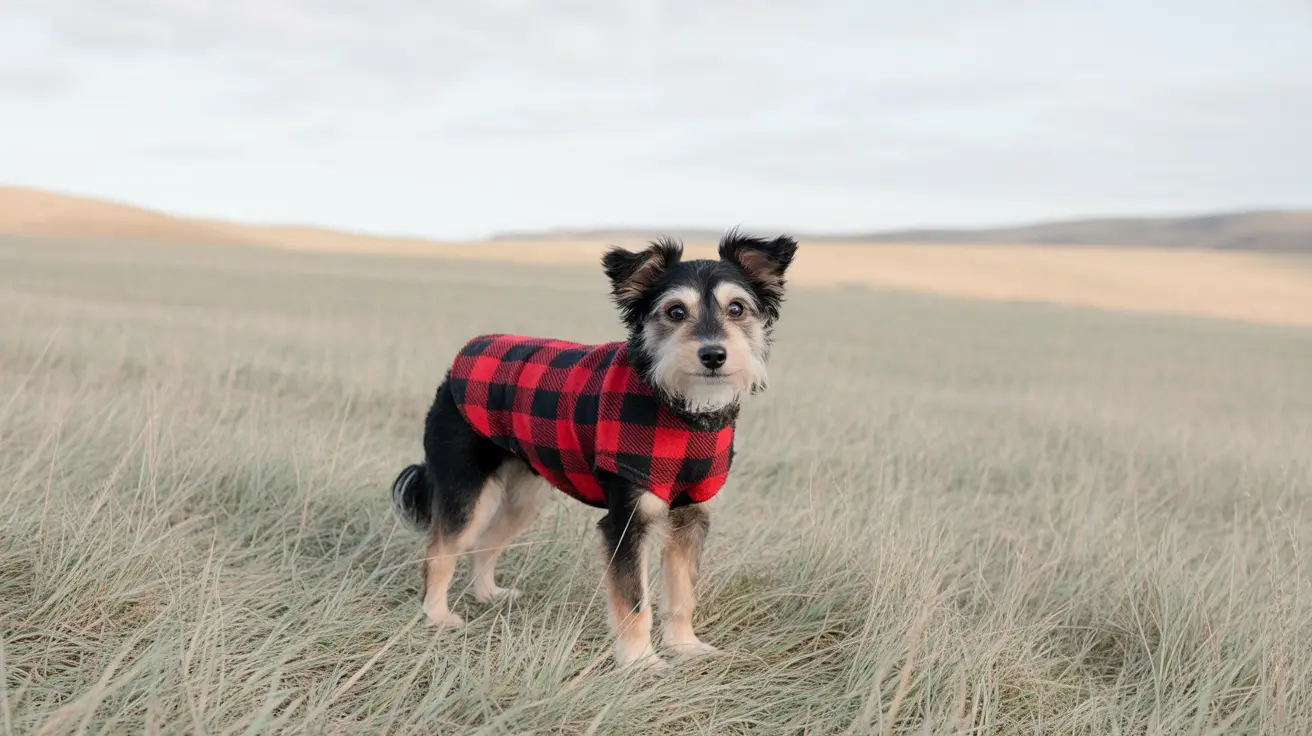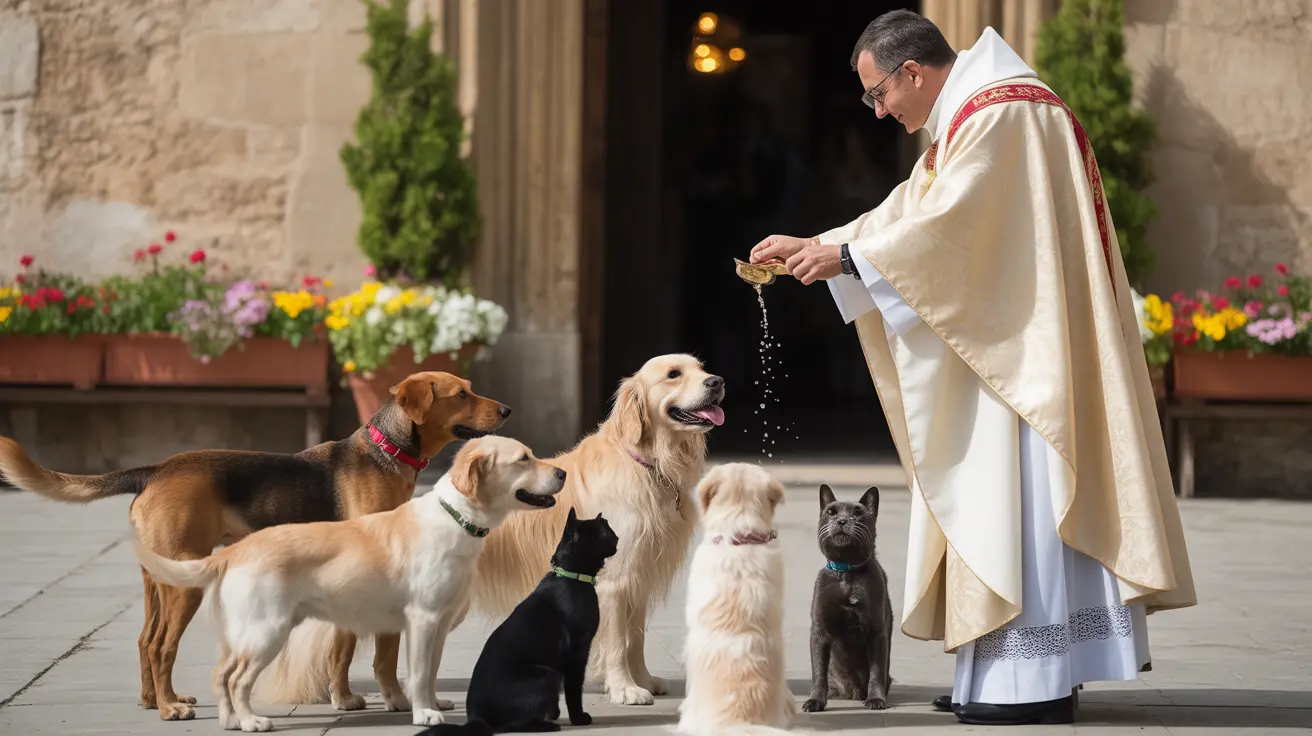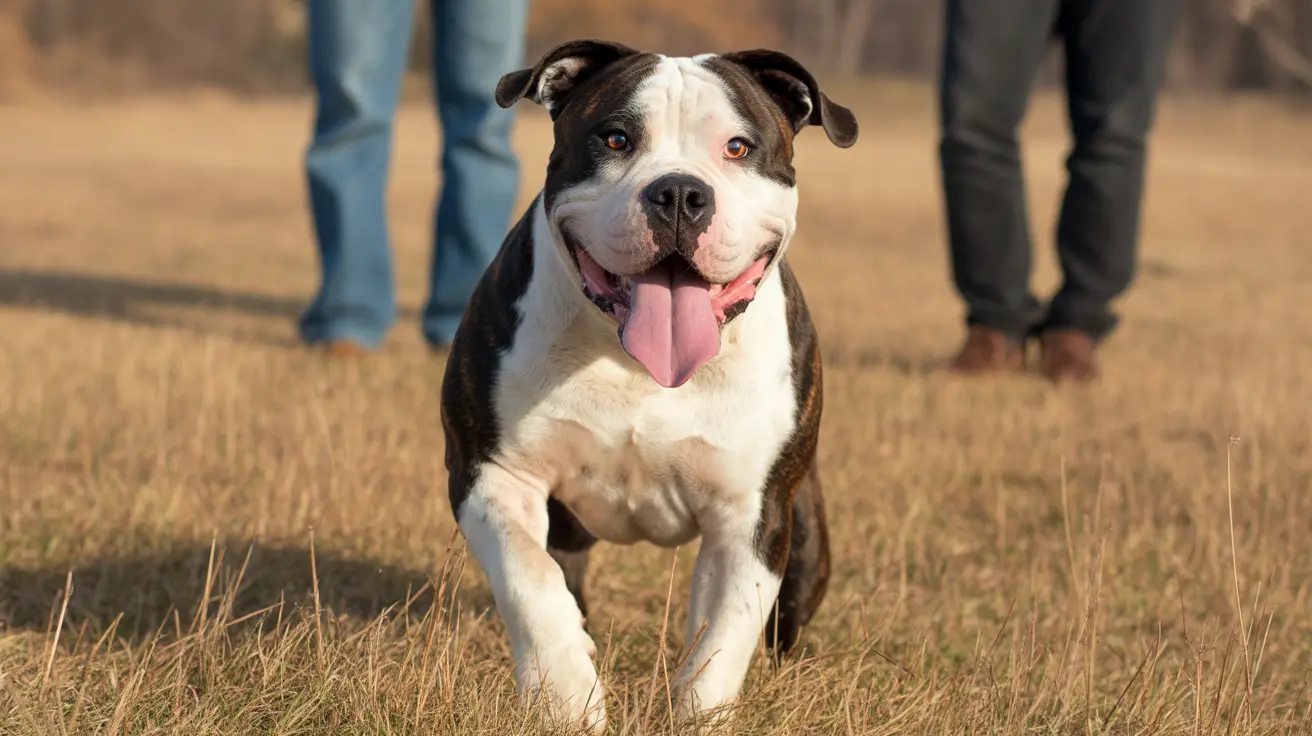The Caucasian Shepherd Dog: A Powerful Guardian from the Caucasus
Origins and History
The Caucasian Shepherd Dog, often called the Caucasian Ovcharka, hails from the rugged landscapes of the Caucasus region—think Georgia, Armenia, Azerbaijan, and Dagestan. For centuries, these dogs stood as stalwart defenders of flocks against wolves and other predators. Their roots run deep in local traditions, where their sheer presence deterred threats both animal and human.
In the 20th century, Soviet breeders took an interest in these formidable canines. They began to select and standardize the breed, with particular admiration for the Georgian type. Why? Those dogs boasted impressive size and a powerful musculoskeletal build—traits that set them apart as ideal guardians. Recognition followed: international kennel clubs eventually acknowledged the breed, with the American Kennel Club including it in its Foundation Stock Service in 1996.
Physical Characteristics
When you see a Caucasian Shepherd, you notice its size first. Males typically tip the scales between 110 and 200 pounds and stand 26 to 30 inches at the shoulder; females are a bit smaller but still imposing. Their bodies are muscular with broad chests, sturdy legs, and heavy paws covered in thick hair. The breed sports a straight, coarse double coat—short, medium, or long—that comes in an array of colors:
- Cream
- Fawn
- Gray
- Red
- White
- Rust
- Black and gray
- Agouti and white
- Grizzle
- Sable
You might spot brindle or piebald markings or even solid white patches. Traditionally, ears were cropped (a nod to their working heritage), though that's less common today.
Temperament and Personality
Loyalty, courage, and protectiveness define this breed's temperament. These dogs are confident—sometimes stubborn—and always alert to anything unusual around their family or territory. They're affectionate with those they know (including other pets) but don't expect them to roll out a welcome mat for strangers. Unfamiliar dogs may get a dominant reception as well.
If you're considering one as a companion, know this: early socialization is crucial. Structured training helps channel their natural guarding instincts into appropriate behaviors. Without firm leadership and consistency, their independence can become challenging—even overwhelming—for inexperienced owners or households with small children.
Exercise Needs
Caucasian Shepherds aren't hyperactive but do need daily exercise—at least an hour of activity like walks or time in a secure yard keeps them healthy (and less likely to get bored). Mental stimulation matters too; puzzle toys or training sessions help satisfy their sharp minds.
Their guarding instinct means you shouldn't let them roam off-leash unless you're in a truly secure area—they're big enough to be intimidating if startled or provoked.
Grooming Requirements
If you choose one with a long coat (and many do), be ready for serious grooming duties:
- Brushing: Daily for long coats; regular for shorter ones—to prevent mats and tangles.
- Shedding: Heavy year-round; even more during seasonal changes.
- Ears/Teeth/Nails: Regular checks for ear debris/wax buildup; routine tooth brushing; nail trims as needed.
Their thick fur suits cold climates perfectly but can make hot weather uncomfortable—always provide shade and fresh water if temperatures climb.
Health Considerations
This is generally a robust breed with a life expectancy of 10–12 years (though some reports suggest shorter lifespans in certain populations). Keep an eye out for issues such as:
- Hip/elbow dysplasia
- Bloat (gastric dilation volvulus)
- Cataracts/entropion (eyelid rolling)
- Heart problems/obesity risk if under-exercised
Your veterinarian can recommend screenings or preventative care tailored to giant breeds like this one.
Nutritional Needs
A diet designed for large or giant breeds is essential—controlled portions split into multiple meals help reduce obesity risk and lower chances of bloat. Puppies should eat food formulated specifically for large-breed growth; adults need high-quality nutrition with plenty of fresh water available at all times. Go easy on treats!
Shelter & Living Environment
This isn't an apartment dog—their size alone demands space. A large fenced yard is best (and safest), along with an owner who understands how to provide structure through training and socialization. If those needs are met, you'll have not just a pet but a loyal guardian who thrives on affection as much as purpose.
The Breed Today & Responsible Ownership
Caucasian Shepherds remain rare outside their homeland but are still used where livestock needs protection—or where families want steadfast security. Regional variations exist (with Georgian lines especially prized), yet all share that unmistakable blend of strength and devotion.
- Name variations: Caucasian Mountain Dog, Russian Bear Dog, Caucasian Ovcharka among others.
- Banned/restricted status: Some countries limit ownership due to their size/guarding ability.
- Sourcing responsibly: Work with knowledgeable breeders who screen for health issues—or consider breed-specific rescues if available.
If you're up for the challenge—and reward—a well-cared-for Caucasian Shepherd offers unwavering loyalty wrapped in one impressive package.





